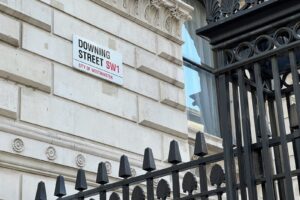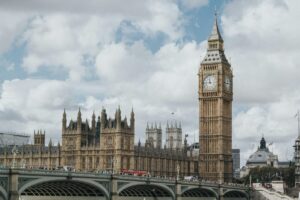In an open letter to the Chancellor, leading global accountancy body ACCA has highlighted key concerns flagged by their 98,000 UK members, and what they want to see addressed in the Spring Budget next week on 6th March.
The concerns flagged by ACCA include the UK’s economic strength and attractiveness for investment, the impact of inflation on small businesses, and the continued freezing or reduction of allowances and thresholds, including personal allowances, PAYE and VAT thresholds, savings allowance and the dividend Allowance.
The Accountancy body said that frozen allowances and thresholds are likely to add to an already stretched HMRC service by bringing more people into the tax net and increasing the workload of HMRC. As previously reported in 2023 by ACCA, 93% of financial professionals demanded drastic change from HMRC services, with more than half reporting that poor service from HMRC was affecting their clients and businesses as a result.
Combining an overwhelmed HMRC service with the impact it has on small businesses, agents and taxpayers and the weak UK economic positioning on the global stage, ACCA’s letter to the Chancellor focuses on a call for practical action that promotes sustainable, long-term growth for businesses and individuals.
Glenn Collins, Head of Technical and Strategic Engagement, ACCA UK, said: ‘The government should be as concerned as we are about the unintended consequences of frozen thresholds and additional complexity – allowance freezes can catch out many taxpayers. Many taxpayers end up overpaying or underpaying tax.
‘Increasingly, the impact of the freezing of allowances look like an artificial barrier to growth as well as harming the UK’s position as a competitive place to do business on the global stage.’
ACCA points out that the VAT threshold is a particular area of concern for small and medium-sized enterprises (SMEs), especially in already troubled sectors. With inflation running so high over the last couple of years, any frozen threshold will bring more individuals and business into higher tax brackets – often for the first time – meaning they will have to register and file tax returns, creating more work for HMRC at a time when its service levels are buckling.
The ‘artificial barrier’ is created as companies can avoid going up a tax threshold by capping their profit and productivity just under that – ultimately slowing UK economic growth as a result. Without proper government incentivisation to grow and prosper, businesses will continue to stagnate – something reflected in the recent recession figures that were released.
Collins added: ‘The government should review the impact of tax thresholds and complexity on business growth with a particular focus on key sectors. Raising thresholds to be in line with inflation would allow people to be taxed more fairly, rather than having to introduce broad-brush tax cuts which when you look at the bigger picture, are cancelled out by the frozen thresholds.’













